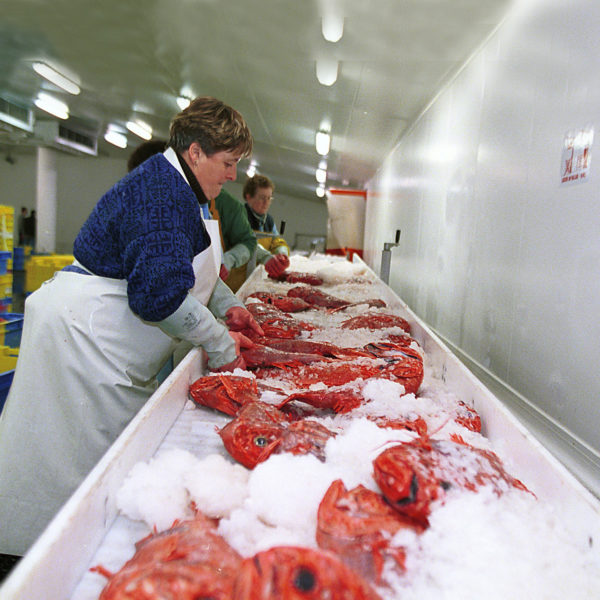FUTURE OF FISHING
Socio-economic Aspects
Socio-economic aspects

A sustainable and responsible fishing sector is an essential aspect of the economic development of European coastal regions. It is vital for the preservation of living communities in these regions. Fishing has been part of the coastal communities for as long as they have existed and forms their economic and social fabric.
The EU is the largest market worldwide for fish products and is the third largest fisheries power, with 6 million tonnes of fish caught every year. The fishing sector provides direct employment to 260 000 persons in the EU, but economic studies have estimated that one job at sea often equals to 3 to 4 quayside jobs on land.
Fishing fosters future generations of employment in coastal communities. The fishing sector is diverse, employing men and women, young and old. Entire families live off the fishing sector, with 1/3 of the fisheries-related jobs being held by women (mostly working in the processing industry). In Lorient for example, the second largest fishing port of France, the sector creates 3000 direct jobs: 600 fishermen, 650 employees of fish trade and processing companies, 1600 employees in logistics, ship repair and services to the port. In Lorient still, almost 90 companies of the fisheries sector are sources of job creation in spite of the generalised economic crisis in France.
According to European Commission figures, the fishing sector has been profitable since 2010, generating a gross added value of €3.4 billion in 2010, a 5.7% increase from the previous year. The fish processing sector employs about 120 000 people and is made up of 3700 Small and Medium Enterprises. It produces an output of over €20 billion.
Even though these figures do not make the fishing sector the most important economic sector for Europe, it remains substantial for the economic future of some coastal regions. In these regions along the Atlantic for example, the fishing sector amounts to up to 2% of GDP.